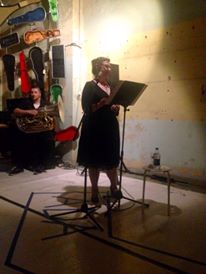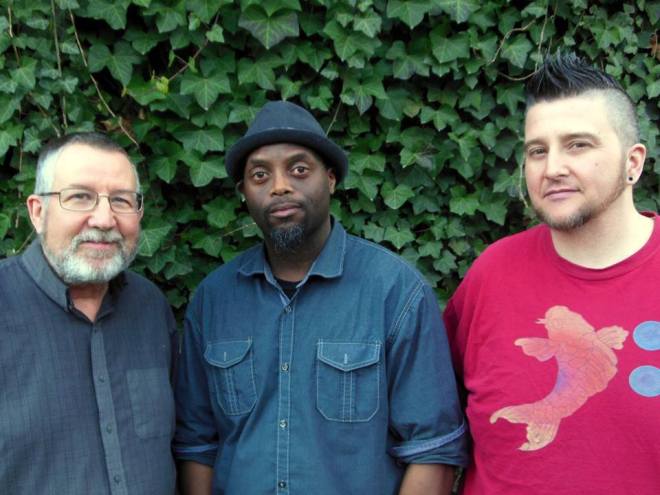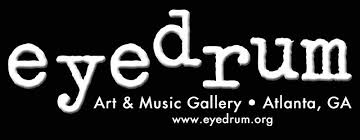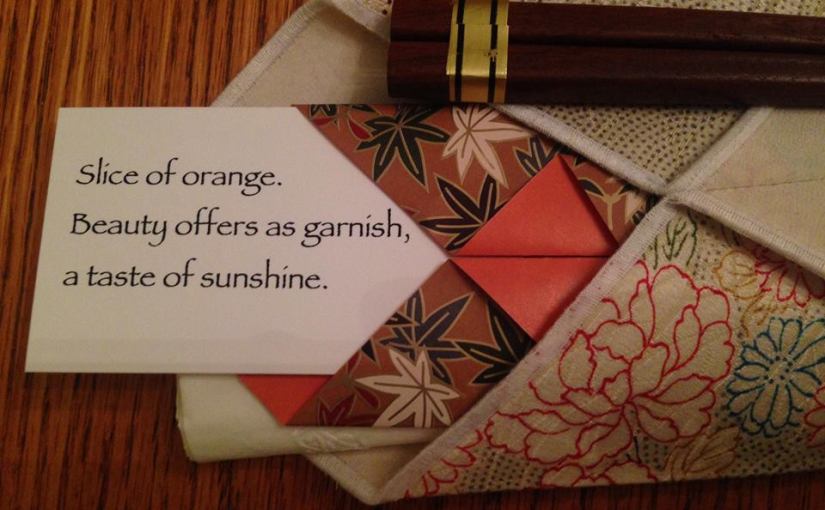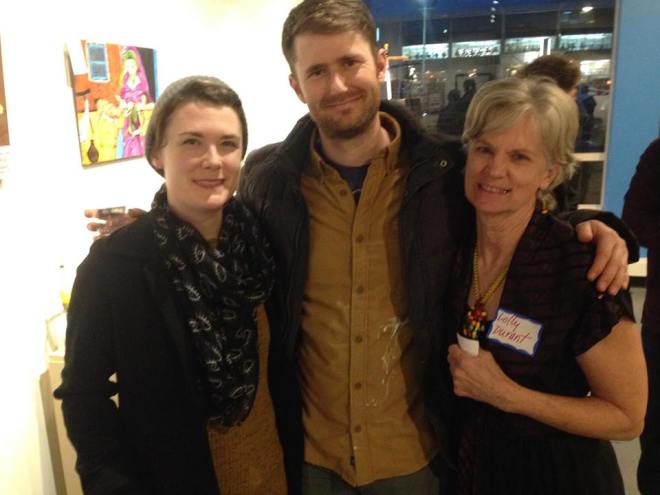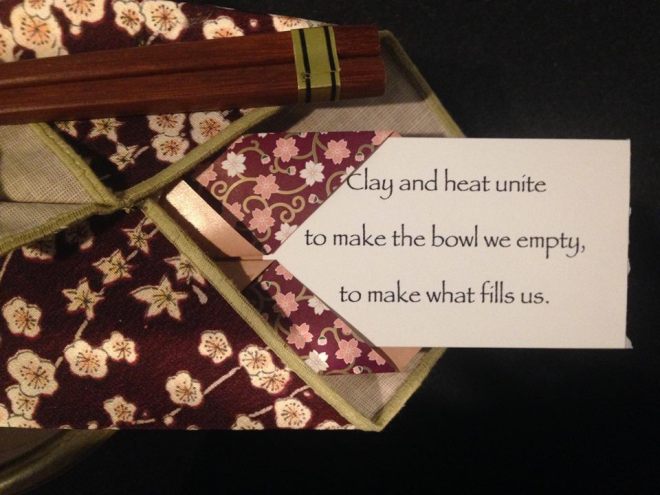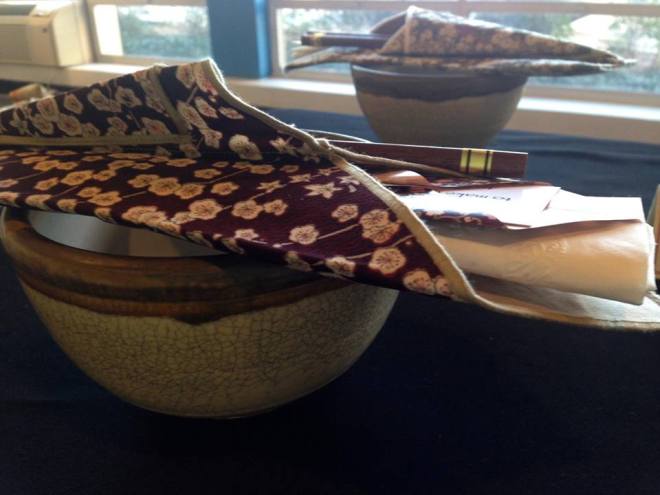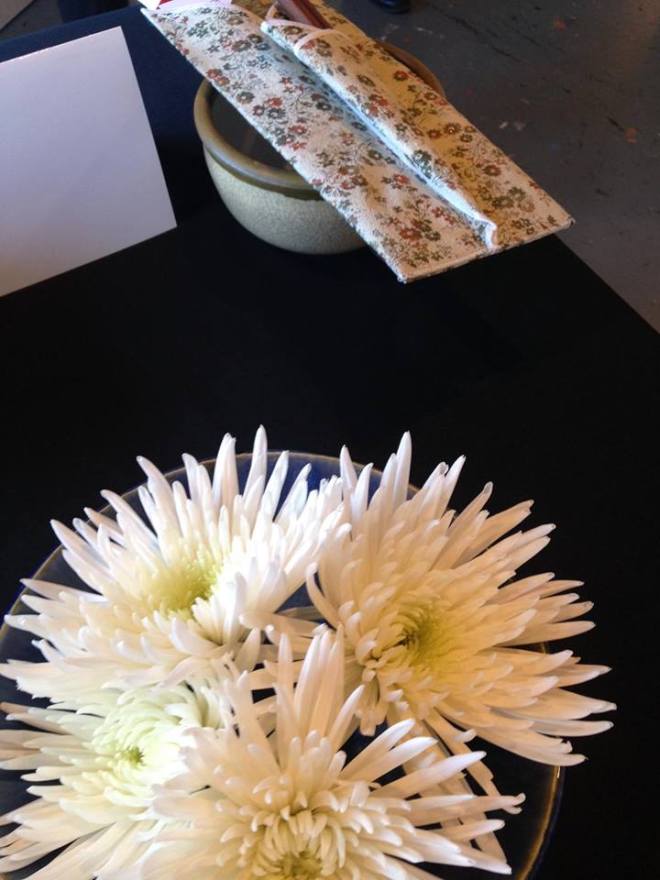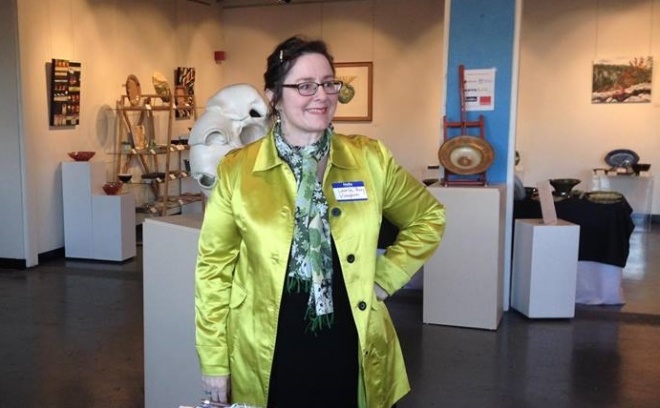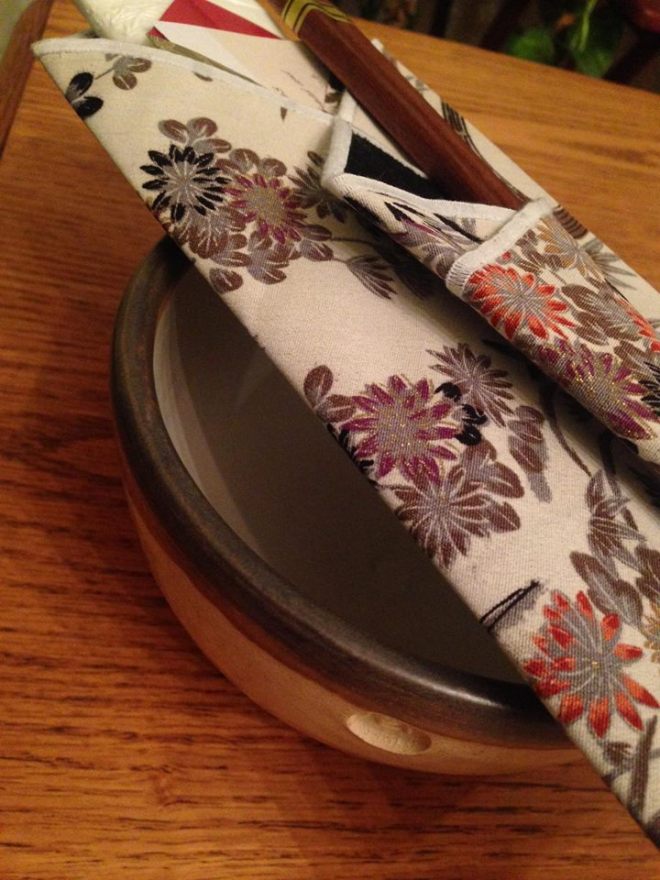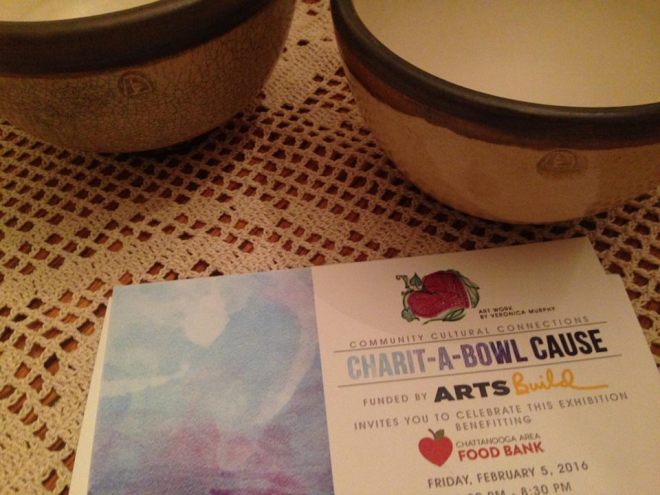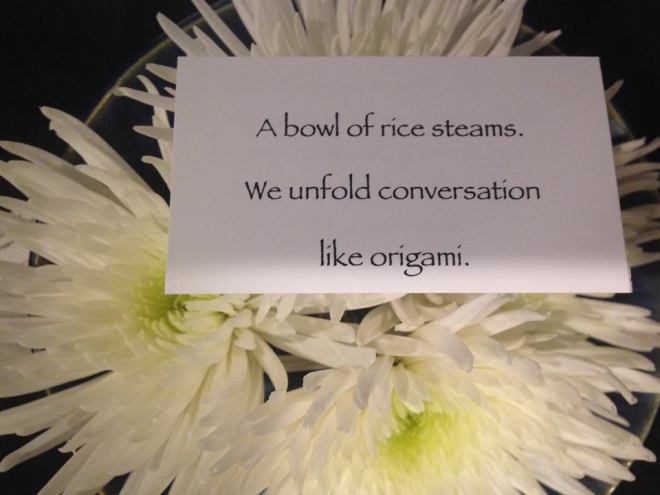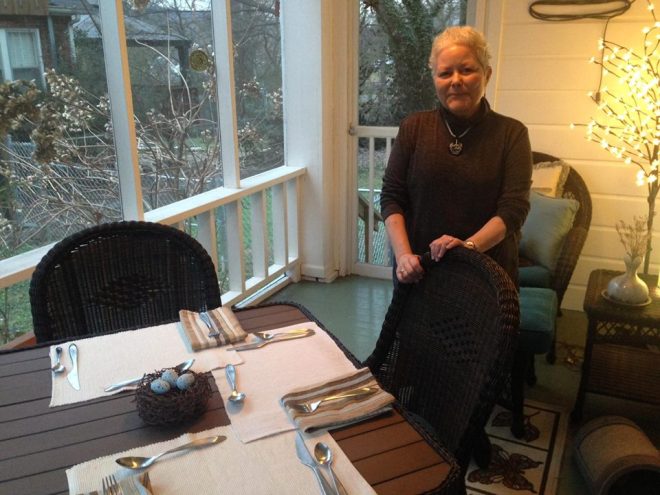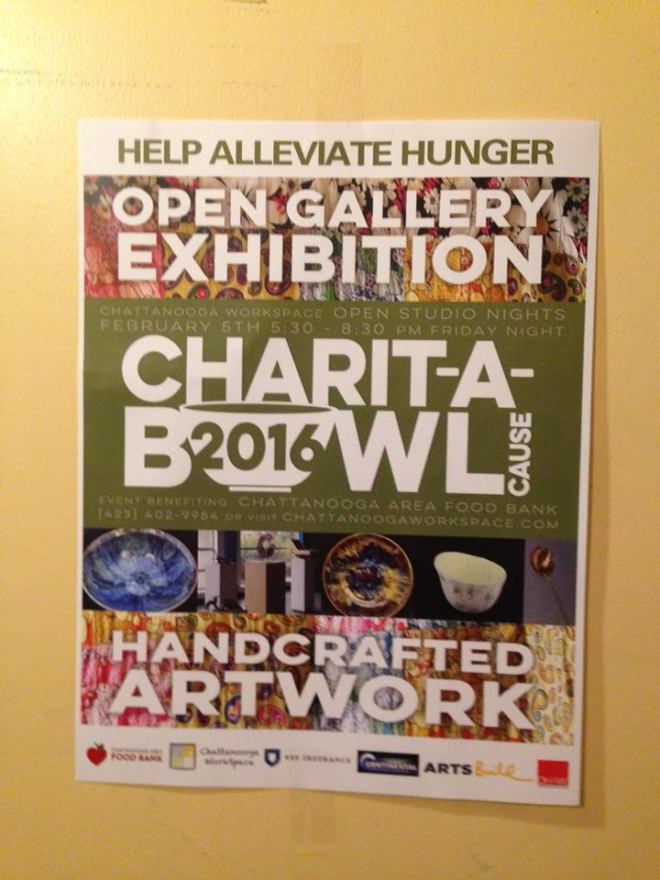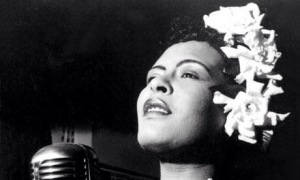 Artist Whitfield Lovell did an installation at the Hunter Museum of American Art that included a sculptural wall of vintage radios. The visual feast of iconic bakelite radios would have been compelling enough, but if you leaned in and turned the dial you would hear Lady Day singing ‘I Cover the Waterfront.’
Artist Whitfield Lovell did an installation at the Hunter Museum of American Art that included a sculptural wall of vintage radios. The visual feast of iconic bakelite radios would have been compelling enough, but if you leaned in and turned the dial you would hear Lady Day singing ‘I Cover the Waterfront.’
“Whitfield Lovell’s works present nuanced portrayals of anonymous African-Americans by combining detailed drawings, based on old found photographs, with evocative vintage objects.” —Lilly Lampe, Art in America Magazine
Lovell’s lecture and the museum and his exhibit ‘Deep River’ stayed with me for days. My poem ‘Billie Holiday on the Radio’ as a response. I am glad through such ‘technologies’ we often take for granted, such as the radio, microphone, and recordings keep her voice alive, though she tragically died when she was only 44.
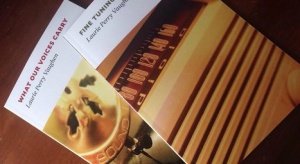 Radios always captured my attention, and held a sense of surprise I still enjoy. My father was a radio repairment, trained on the GI Bill after World War II. Our home and my father’s workshop had a similar stack of radios, some he saved to glean for parts. Others were tagged as ‘friends’ who had dropped them off to be restored.
Radios always captured my attention, and held a sense of surprise I still enjoy. My father was a radio repairment, trained on the GI Bill after World War II. Our home and my father’s workshop had a similar stack of radios, some he saved to glean for parts. Others were tagged as ‘friends’ who had dropped them off to be restored.
The radio is always finding its way into my life and poems. I dedicated my first formal chapbook, Fine Tuning, to my father and found a Radiolo brand to photograph for the cover. I love the sounds of the word ‘radiola.’
The poem ‘Billie Holiday on the Radio’ is included in the collection and became the catalyst for composer Jeff Crompton to create dynamic interpretations of ten or so of my poems. This was my first collaboration with musicians and it was thrilling. We’ve shared this performance set at Word of [South] Festival of Literature and Music last year in Tallahassee, and at Eyedrum and the Georgia Center for the Book in Atlanta. The poem begins, “She’s in the gallery show, Billie Holiday on the Bakelite radios.” The homage to Lovell’s exhibit as well as Lady Day is central to that poem.
‘Fine tuning’ is a metaphor that I will continue to explore. My father explained to me that delicate things like tuning knobs are the first things that wear out on a radio. He kept a drawer full of replacements because he loved the verb ‘mend.’
My poem ‘Radio Repair’ about my father was selected for publication in an upcoming issue of Crab Orchard Review (2017).
The influence of the ubiquitous radio fascinates my research in sociology, my undergraduate studies. I dare say the radio helped desegregate the South, or at least it did in my rooms. The radio is a technology that changed our consciousness and made ‘for whites only’ irrelevant to an audience, which was significant. The radio also offers a degree of intimacy beyond its content. The radios I listened to with my father pulled me into broader worlds I did not recognize from my parent’s rural music.
In college I took a Survey of Jazz by Walker Breland, a man who played the organ for a Methodist church downtown and looked a bit like Faulkner. I began to understand what I had long internalized from listening to Billie Holiday or Louis Armstrong. As I survey my life with music, my parents long passed, I elevate the radio as not merely artifact but catalyst.
I am pleased to share ‘Billie Holiday on the Radio’ with Jeff Crompton and Three Way Mirror on April 30 at Jazzanooga Art Space in Chattanooga, in celebration of Jazz Appreciation Month.
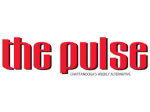
READ MORE: “Embracing Billy Holiday,” By Ernie Paik, The Pulse
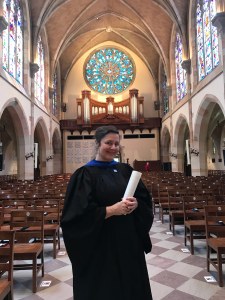 Thank you to everyone who encouraged my work and supported my MFA studies and thesis manuscript of poems, Between Stations, at the Sewanee School of Letters.
Thank you to everyone who encouraged my work and supported my MFA studies and thesis manuscript of poems, Between Stations, at the Sewanee School of Letters.
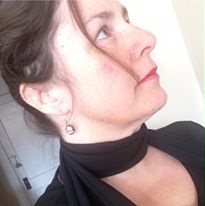
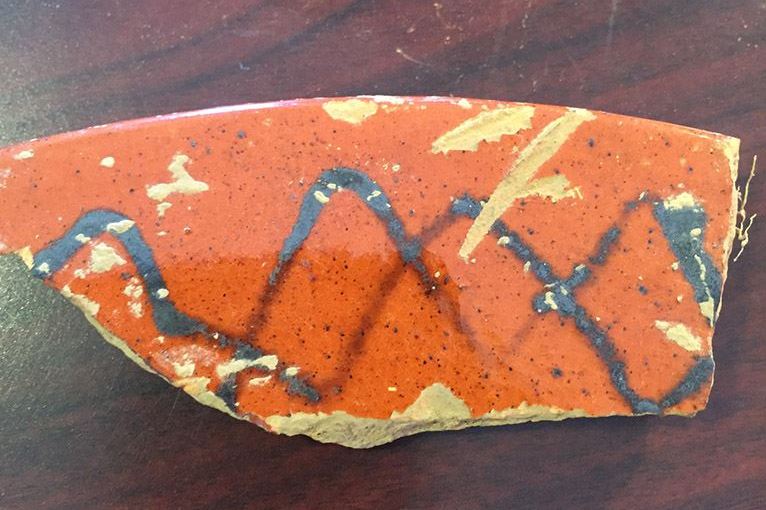

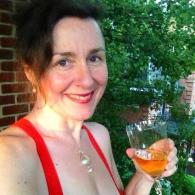
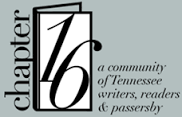
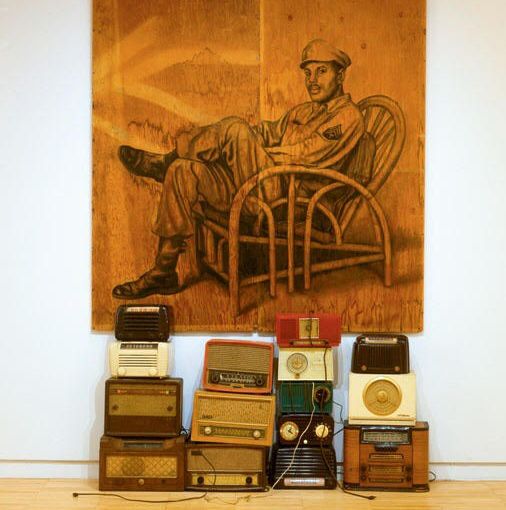
 Artist Whitfield Lovell did an installation at the Hunter Museum of American Art that included a sculptural wall of vintage radios. The visual feast of iconic bakelite radios would have been compelling enough, but if you leaned in and turned the dial you would hear Lady Day singing ‘I Cover the Waterfront.’
Artist Whitfield Lovell did an installation at the Hunter Museum of American Art that included a sculptural wall of vintage radios. The visual feast of iconic bakelite radios would have been compelling enough, but if you leaned in and turned the dial you would hear Lady Day singing ‘I Cover the Waterfront.’ Radios always captured my attention, and held a sense of surprise I still enjoy. My father was a radio repairment, trained on the GI Bill after World War II. Our home and my father’s workshop had a similar stack of radios, some he saved to glean for parts. Others were tagged as ‘friends’ who had dropped them off to be restored.
Radios always captured my attention, and held a sense of surprise I still enjoy. My father was a radio repairment, trained on the GI Bill after World War II. Our home and my father’s workshop had a similar stack of radios, some he saved to glean for parts. Others were tagged as ‘friends’ who had dropped them off to be restored.
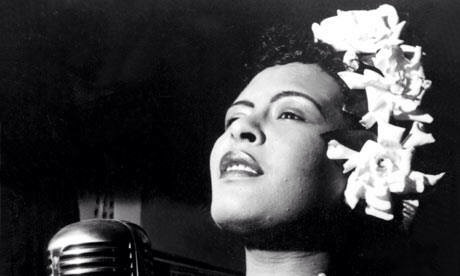
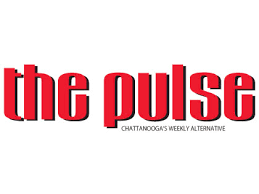
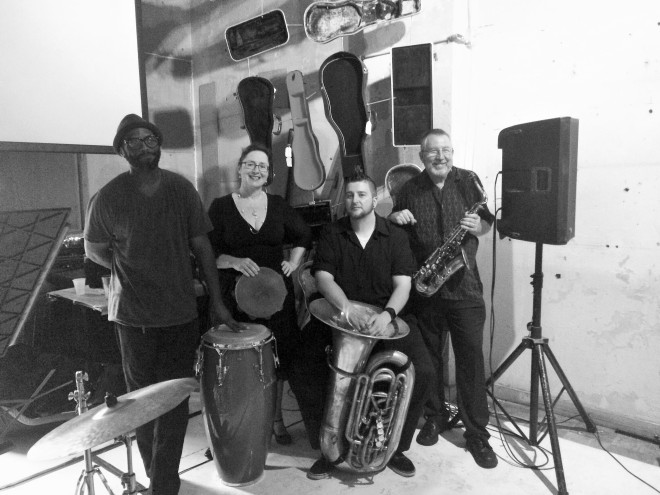
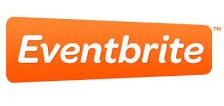
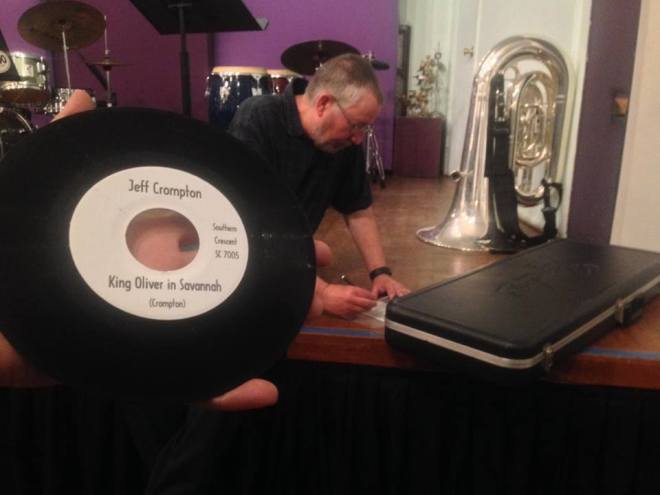
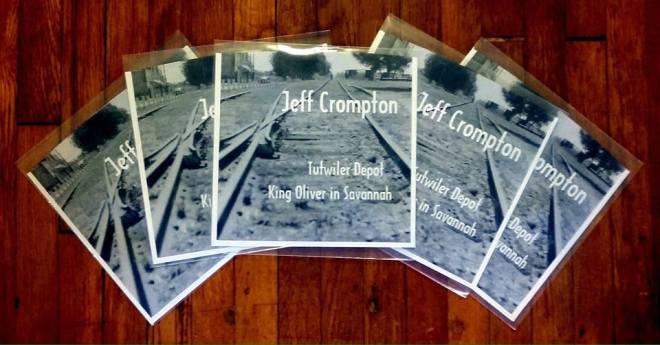
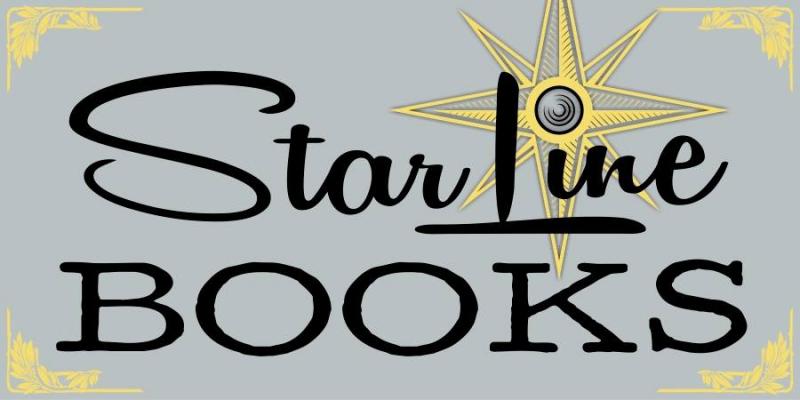
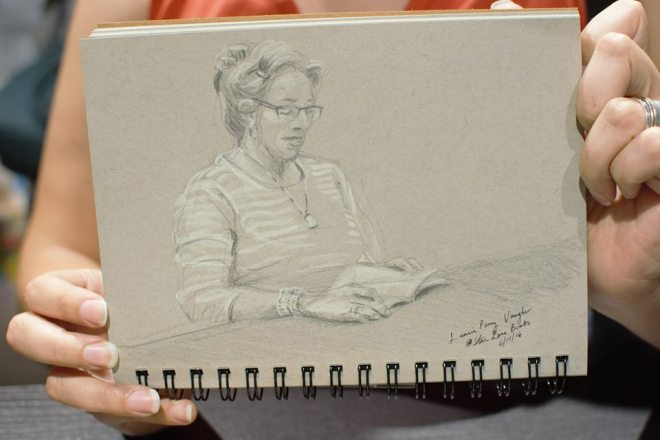

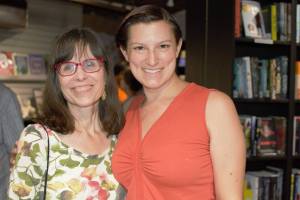


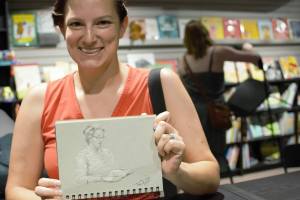

![‘Billie Holiday on the Radio’ set for the 2016 Word of [South] Festival of Literature and Music](https://laurievaughen.files.wordpress.com/2017/03/13007173_1224424657567595_78408399046762939_n.jpg?w=590&h=334&crop=1)
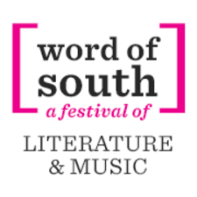
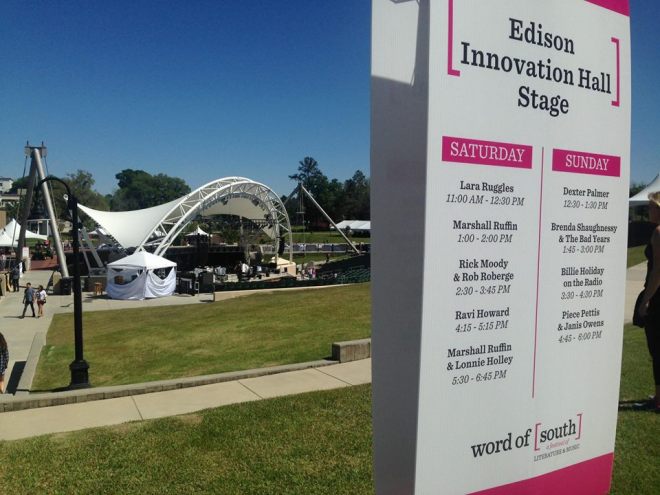
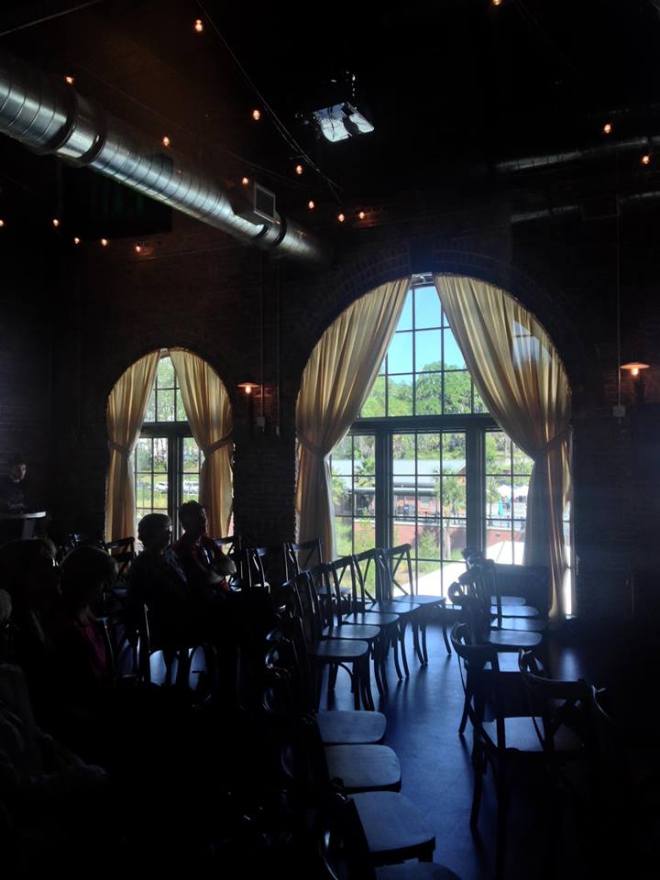
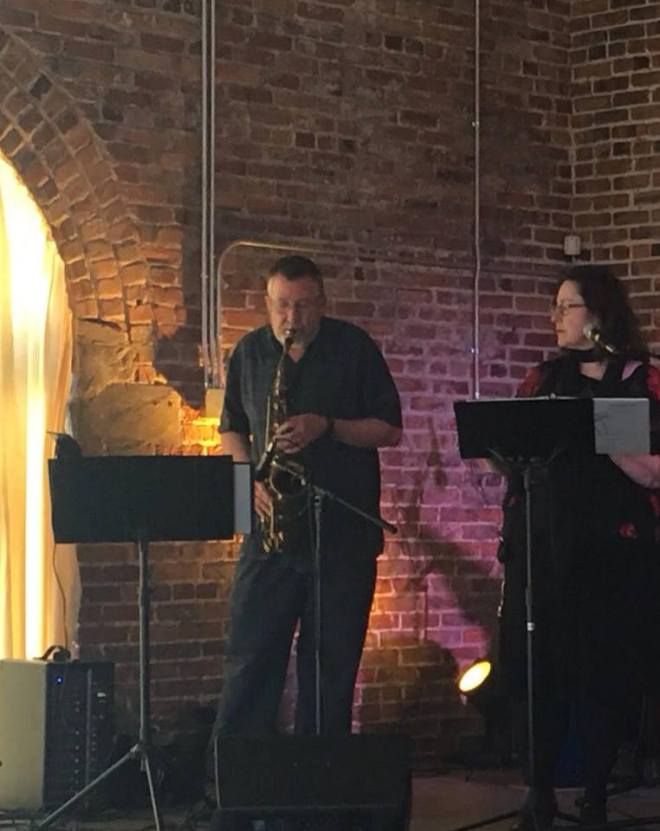
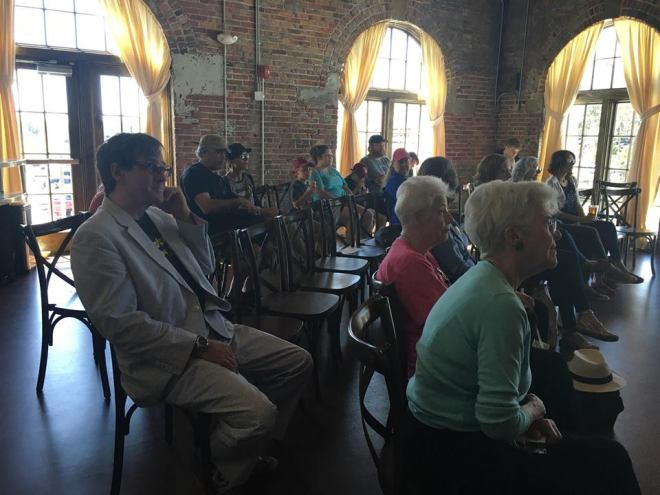
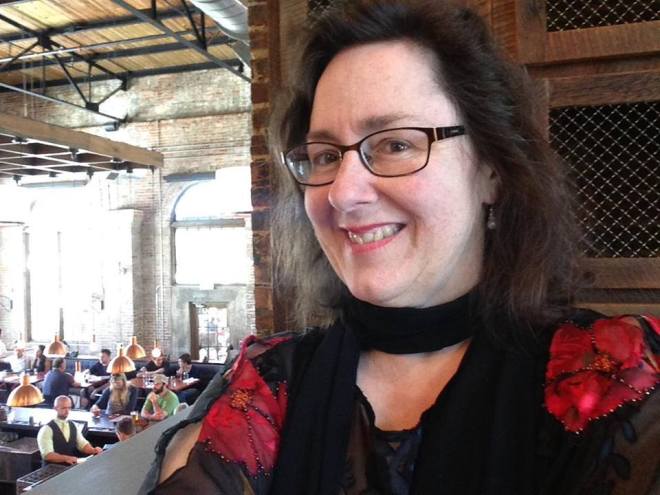
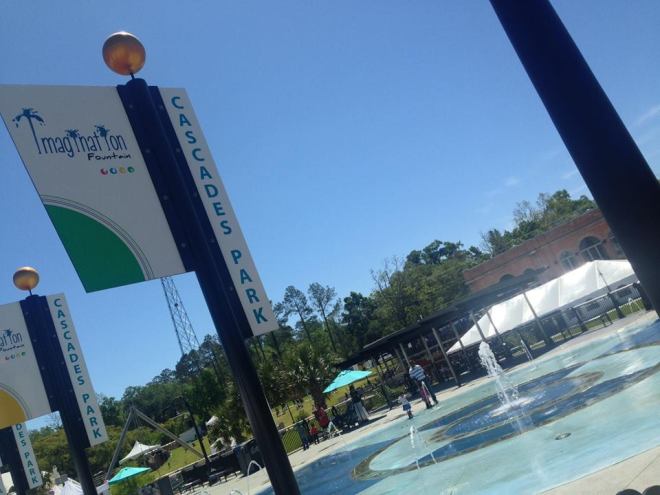
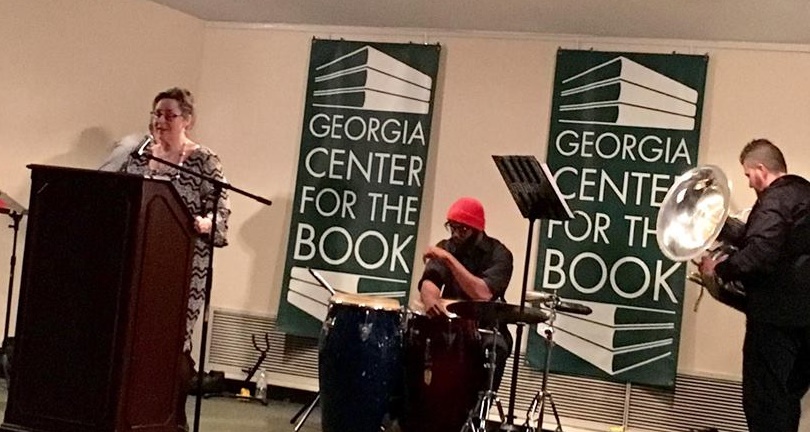
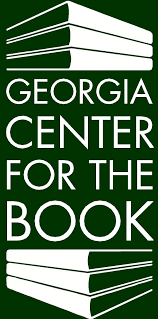
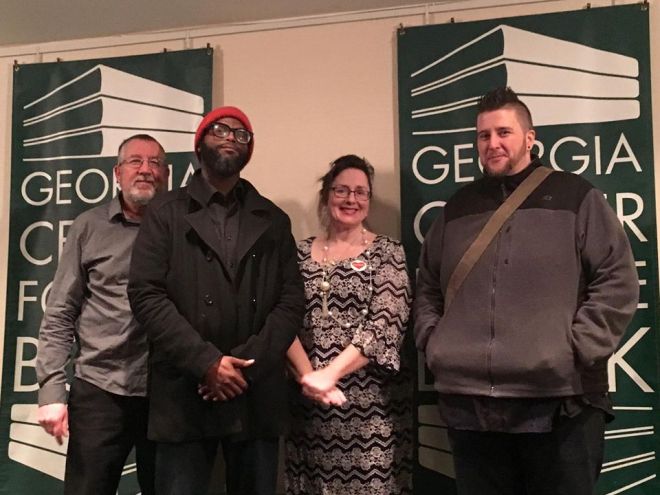




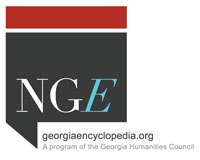
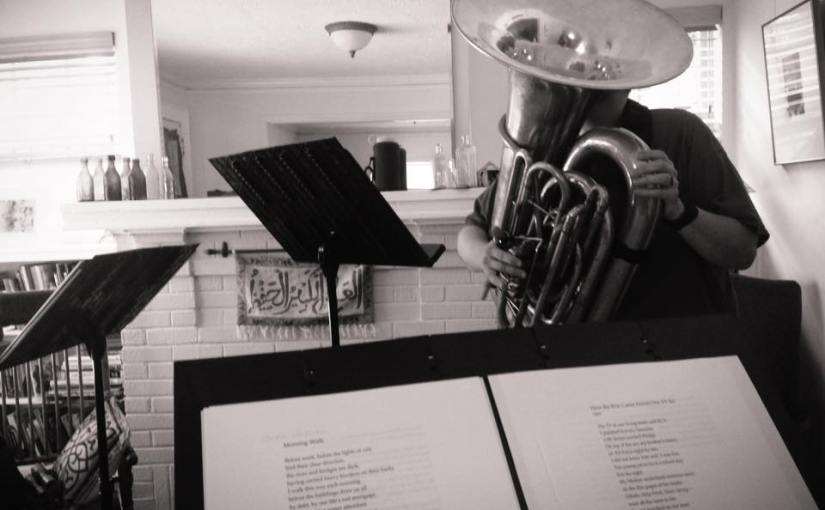
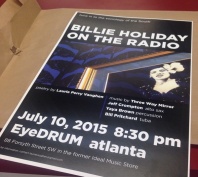 July 10, 2015
July 10, 2015